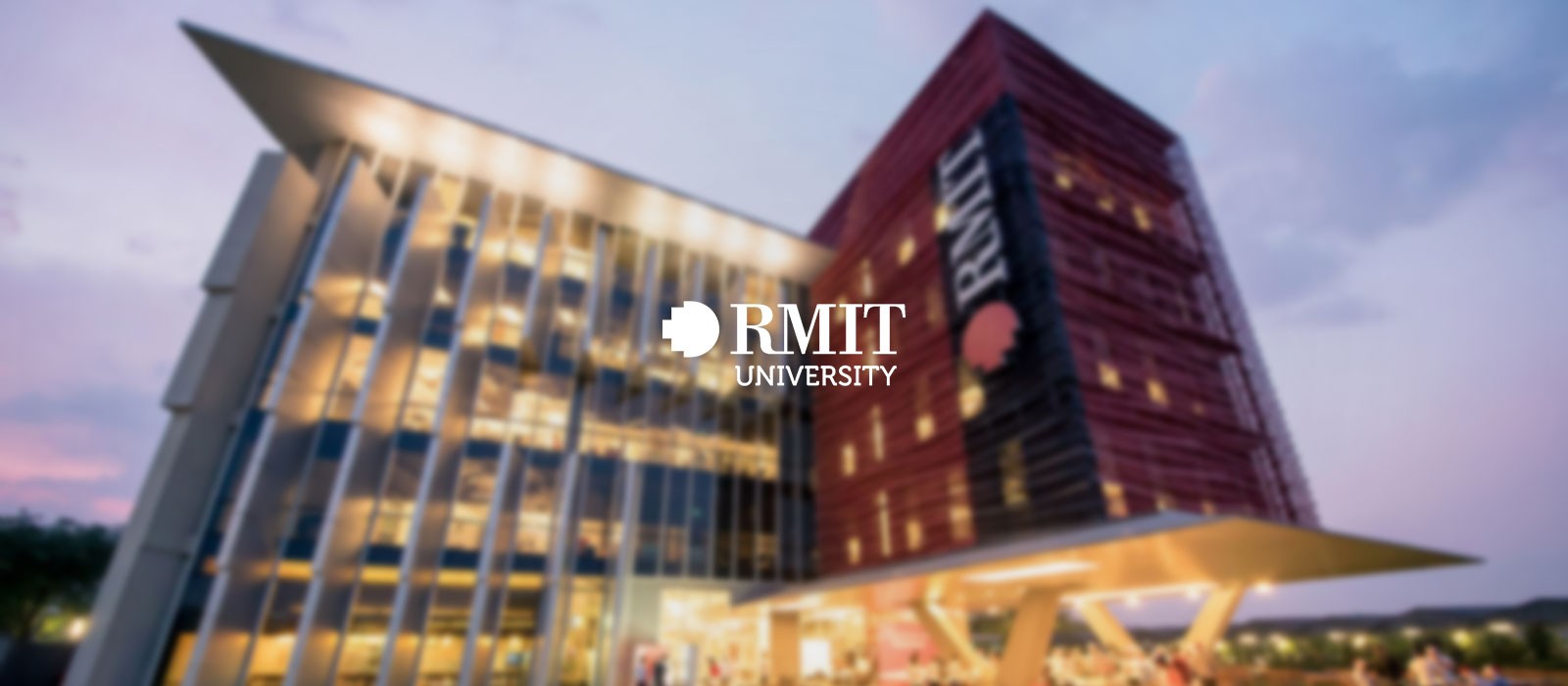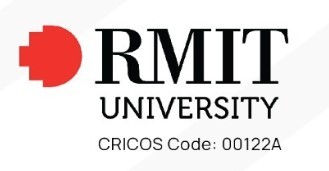
Bachelor of Surveying (Honours)


Overview
Duration
FULL-TIME 4 YEARS
FULL-TIME 4 YEARS
Scholarship
YES
YES
Fee
AU$38,400
AU$38,400
Intake
FEBRUARY, JULY
FEBRUARY, JULY
Overview
- Prepare for an in-demand career as a surveyor. Gain sought-after skills and benefit from strong industry links, work experience and the latest equipment and software.
- In RMIT's Bachelor of Surveying (Honours), you will gain expertise in measurement processing, interpretation, and presentation of information about the size, shape, nature, and location of various features of our physical environment.
- Practical, hands-on learning
- This hands-on degree provides a strong link between theory and practice in surveying specialisations, including engineering and topographical surveying, cadastral surveying, mining surveying, hydrographic surveying, geodetic surveying, high precision digital infrastructure surveying, land boundary legislation and land development.
- Field work, industry projects and work integrated learning opportunities will provide you with real world skills and industry experience. These experiences will build your fundamental knowledge in surveying to understand the application of surveying technology and techniques to different social, cultural, ethical, legal and business contexts.
Inquire Now
Career
- As a graduate of this surveying degree you will be in high demand, with more than 90% of graduates employed within three months of completing their studies.
- Job opportunities are forecast to keep growing with a current shortage of qualified professionals in the surveying and geospatial industries in Australia.
- Upon graduation, you may be able to pursue a career as a cadastral, hydrographic or engineering surveyor, photogrammetrist, geodesist or geospatial analysist in the following fields:
- Land development - from the planning and design of land subdivision, through to the final construction of roads, utilities, and landscape planning.
- Construction industry - providing detailed design plans for the subsequent construction of roads, freeways, tunnels, bridges, pipelines, and high-rise buildings.
- Mining industry - working on exploration, mining development, and mining operations.
- Hydrographical surveys - working with automated position and sounding equipment on survey ships to map the ocean floor.
Entry Requirement
- To study this course you will need to complete one of the following English proficiency tests:
- IELTS (Academic): minimum overall band of 6.5 (with no individual band below 6.0)
- TOEFL (Internet Based Test - IBT): minimum overall score of 79 (with minimum of 13 in Reading, 12 in Listening, 18 in Speaking and 21 in Writing)
- Pearson Test of English (Academic) (PTE (A)): minimum score of 58 (with no communication band less than 50)
- Cambridge English: Advanced (CAE): minimum of 176 with no less than 169 in any component.
Popular Courses
Start your journey with landmark today!
Find your perfect course
Answer a few questions and
our course matcher will do the rest
Head Office
Level 5, IT Plaza
Kamaladi, Kathmandu
Tel: +977 14542781, 9845566225
E-mail: info@landmarkedu.com
Kamaladi, Kathmandu
Tel: +977 14542781, 9845566225
E-mail: info@landmarkedu.com
Sydney office
Suite 1 Level 1,
46 Macquarie Street,
Parramatta, NSW
Tel: +61 415 122 814
46 Macquarie Street,
Parramatta, NSW
Tel: +61 415 122 814
Branch office
Sahidchowk, Chitwan
Tel: 056-590825
Tel: 056-590825
Mahendrachowk, Biratnagar
Tel: 021-590828
Tel: 021-590828
Level 2, Milanchowk, Butwal, Rupandehi
Tel: 977-71-591694
Tel: 977-71-591694
© Landmark Education. All rights reserved.


